Ru


Throughout the trip, we stay in double rooms — some nights in comfortable hotels, others in unique African-style lodges.
These lodges are huts or bungalows, often built with stone or wood and thatched roofs, echoing traditional local designs. Inside, however, you’ll find all modern amenities — from hot showers to electricity. Their greatest advantage is their location. Many are set right in national parks or reserves. Imagine waking up, opening your window, and seeing antelopes grazing or a giraffe wandering past.
Participants arrive at Windhoek International Airport (WDH), with a transfer to the hotel. After check-in, there’s time to rest and get to know each other in a relaxed setting. Those who wish can take a walk around the city.
Namibia’s capital was under German rule for many years, and its colonial past is still visible in its architecture. A prime example is the Alte Feste fortress, built in the late 19th century and now a museum. Nearby stands the elegant Christ Church, designed in a neo-Gothic style. At Post Street Mall, you can see fragments of the Gibeon meteorite — a massive space rock that fell to Earth hundreds of millions of years ago. Interestingly, ancient Namibians once used meteorite pieces to make tools — long before the Iron Age.
In the morning, we head southwest toward the Namib Desert and the area known as Sesriem. It's the territory of the Namib-Naukluft National Park — the largest in Namibia and one of the biggest in the world. We’ll stop for lunch en route at a roadside cafe (not included). Upon arrival, we’ll check into our lodge.
Sesriem is a small traveler’s outpost surrounded by wilderness. It has a few campsites, cafes, and shops. After settling in, we’ll set off on an easy hike through a canyon formed millions of years ago.
Next, we'll visit the Sossusvlei Valley and its iconic dunes. We’ll climb to the top of one of the dunes watch the play of light and shadows — a magical time when the sand shimmers from copper to deep red in the changing light.
After, we return to the lodge to rest.
Important: depending on the time of arrival in Sesriem, you may not have time to visit both locations. In this case, you visit one of your choice.
Early morning departure for one of Namibia’s most photogenic locations — the famous Sossusvlei. After about 50 km on asphalt, we switch to 4x4 vehicles for a short 5 km drive over sandy tracks. The final kilometer is on foot, walking across dunes to reach the surreal Deadvlei.
We’ll walk among ancient dead acacias, peek over dunes, and enjoy a light breakfast in this surreal landscape.
Returning to the lodge around 10 AM, we’ll rest and have lunch before heading across the desert to the Atlantic coast. Our destination is Swakopmund, a seaside town right on the water.
En route, we’ll cross the Tropic of Capricorn and stop in the tiny settlement of Solitaire, known for its rusted-out cars and — surprisingly — its excellent apple pie.
By evening, we’ll arrive in Swakopmund, check in to our hotel, and have dinner. Those still full of energy can take a seaside walk and watch the sun dip into the Atlantic Ocean.
Our morning begins with a drive to the port of Walvis Bay, where we set off on a three-hour sea voyage along the coast to the Pelican Point peninsula. From the boat deck we’ll see pink flamingos, pelicans, cormorants, and other coastal birds—and in the water, playful Cape fur seals, who sometimes come right up to the boat.
After returning to shore, we’ll head to the Kristall Galerie to see a unique exhibit—a quartz crystal weighing over 14 tons, officially recognized as the largest in the world.
We’ll spend the first half of the day in powerful 4x4s, heading to Sandwich Harbour — a rare place where massive sand dunes plunge straight into the Atlantic Ocean. We’ll ride the waves of sand, climb the crests of dunes, and rush down toward the water’s edge.
In the afternoon we return to Swakopmund. You can stroll through the town, browse souvenir shops, or, if the weather is warm, swim and sunbathe on the coast.
In the evening, we’ll gather for dinner to share the day’s impressions.
In the morning, we head to the Skeleton Coast — a foggy coastline where many ships were wrecked due to reefs and low visibility. We’ll walk along the shore and explore the remains of one of these shipwrecks.
Next, we travel to Cape Cross, home to one of Africa’s largest colonies of Cape fur seals. Thousands of them lie along the beach, dive into the surf, and engage in noisy interactions.
In the afternoon, we continue to Spitzkoppe — an area of ancient granite formations estimated to be around 100 million years old. Scientists believe these rocks formed after the collapse of a massive volcano. After checking in at the lodge, we take a walk among the rock arches and the natural stone bridge. We’ll watch the sunset and enjoy a fireside dinner, grilling meat and vegetables over open flames.
Early morning, we’ll take a short walk for anyone who wants to enjoy Spitzkoppe one more time. We’ll prepare breakfast ourselves and then head to Damaraland. Here lies Twyfelfontein — a UNESCO World Heritage Site with thousands of ancient rock carvings, aged between 2,000 and 6,000 years.
After checking into our lodge with a pool, we’ll rest a bit before heading to the valley of petroglyphs. Among the stone slabs you can make out giraffes, antelopes, lions, hunting scenes, and symbolic signs.
If you wish, you can join an optional safari. A local guide will lead us in search of desert elephants—smaller than other elephants and able to go without water for up to three days.
Today we travel to Etosha National Park — one of Namibia’s largest wildlife reserves and home to hundreds of animal species, including the rare black rhinoceros. On the way, we’ll stop in a local village to see how people here live and keep their traditions.
Our lodge is located inside a protected area. In the evening, we can go up to a viewing platform with spotlights and wait for night visitors to the waterhole—elephants, lions, leopards, zebras, ostriches, and antelopes.
We’ll spend the morning on safari in Etosha, moving slowly from one waterhole to another in search of wildlife. Here you can find yourself just a few meters from a family of elephants or watch zebras pausing for a drink.
After lunch, we’ll head to Otjiwarongo. Our lodge is set in the wild, where ostriches, antelopes, and even giraffes sometimes wander in.
Today we explore one of Namibia’s most unusual landscapes. Waterberg National Park looks like something out of a prehistoric movie: red sandstone cliffs, lush vegetation, and savanna all in one panorama. Following trails through the vivid terrain and rocky outcrops, we’ll hike to the plateau with spectacular views of the Kalahari plains.
After lunch with a view of the savanna, we return to the lodge for a restful evening.
Today we’re heading back to the capital. But before that, we’ll stop at a few curious places.
First, we’ll visit a crocodile farm, where we’ll observe the reptiles and try crocodile meat dishes in a cozy little restaurant.
Then we’ll head to Otjihenamaparero — a site where dinosaur footprints about 190 million years old are preserved. Here you can see not just individual prints, but entire trackways.
By evening we’ll arrive in Windhoek, and if time and energy allow, we’ll take a short walk through the city.
The price shown is for a group of 4 people. Details for groups of 2–5 are in the “Helpful Information” section.
This tour offers two pricing options:
Special prices are valid until 11.03.2026!
This tour offers two pricing options:
At Windhoek Airport (WDH) on the first day of the tour. Our guide will be waiting for you with a “Strannik” sign. Please confirm the meeting time with our managers.
Important: If you arrive at a different location, you will need to get to the hotel on your own. Unfortunately, we cannot pick you up from another hotel or a stop along the route.
On the last day of the tour, a group transfer to Windhoek Airport (WDH) is included.
The meeting of the group will take place in Marrakesh airport (RAK) on the first day of the tour. The meeting time depends on the flight schedule and may change. Ask the manager for the details.
On the last day — breakfast at the hotel, check-out by 10:00 AM. After that, a group transfer to the airport. You can book return tickets for afternoon and evening flights.
Note: We kindly ask you not to purchase the tickets until the manager sends you a confirmation and guarantees that the tour will take place.
A lodge is a small hotel located in scenic wilderness areas, featuring individual cottages built in a traditional African style — typically stone or wood with thatched roofs.
IMPORTANT: Hotels may be subject to change depending on room availability.
The price of the trip is based on double accommodation. If you are traveling alone, we will try to find a roommate for you from the tourists of our group, but we cannot guarantee this. Usually there is a roommate, but if there is not, you will need to pay extra 680$ for single accommodation.
If you prefer a single room, please note this in the comments when booking. Please note that single rooms are subject to availability at the time of booking — check with your manager for current status.
Accommodation Examples
.jpg)
(1).jpg)
.jpeg)
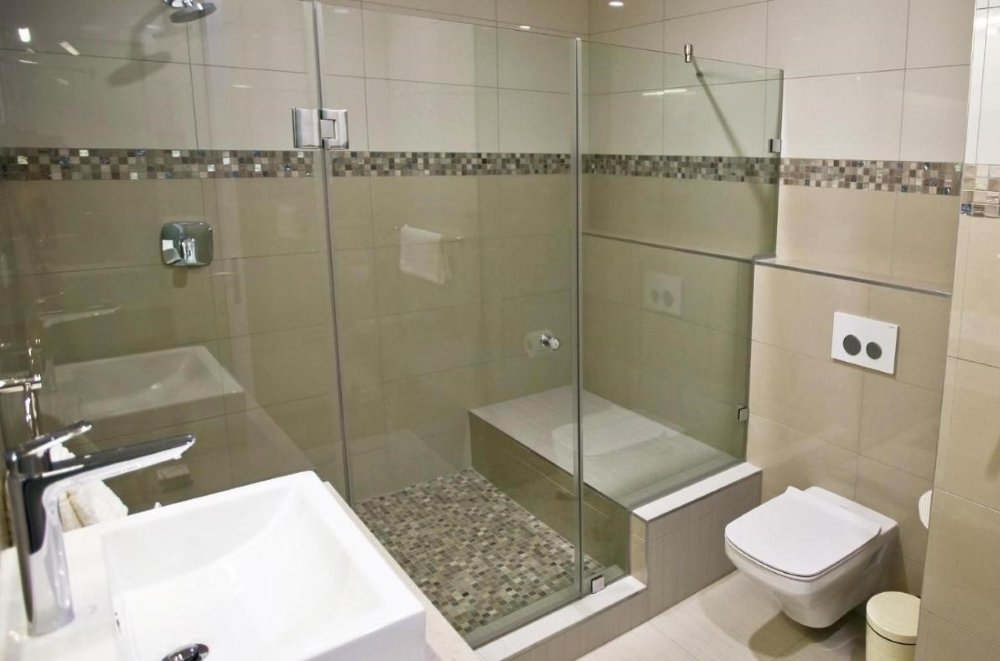
.jpg)
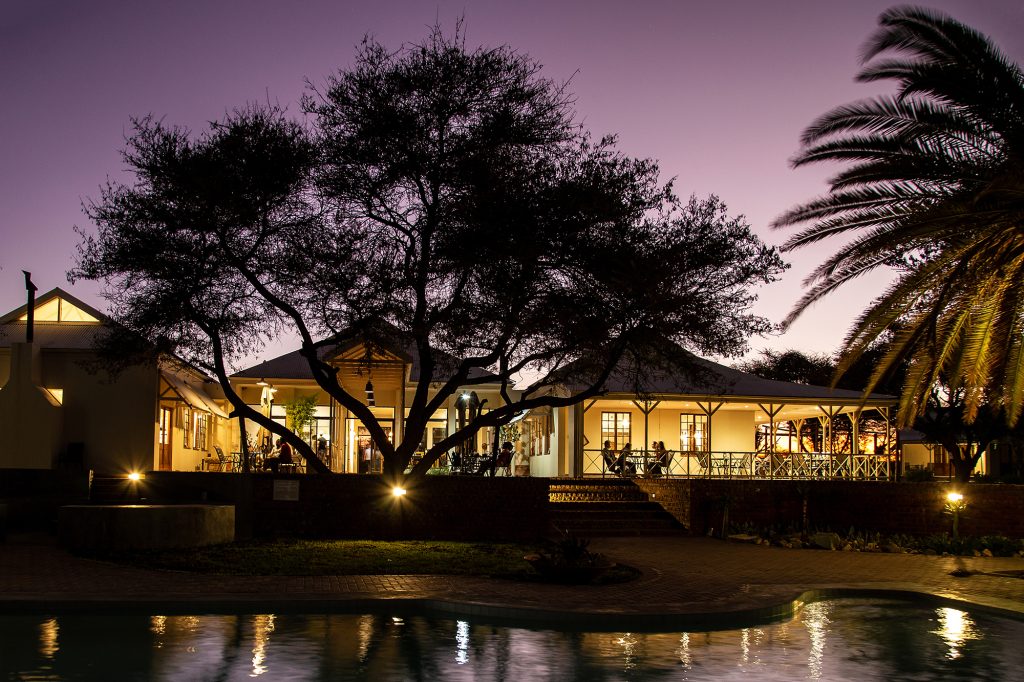
.jpg)
.jpg)
.jpg)
.jpg)

.jpg)

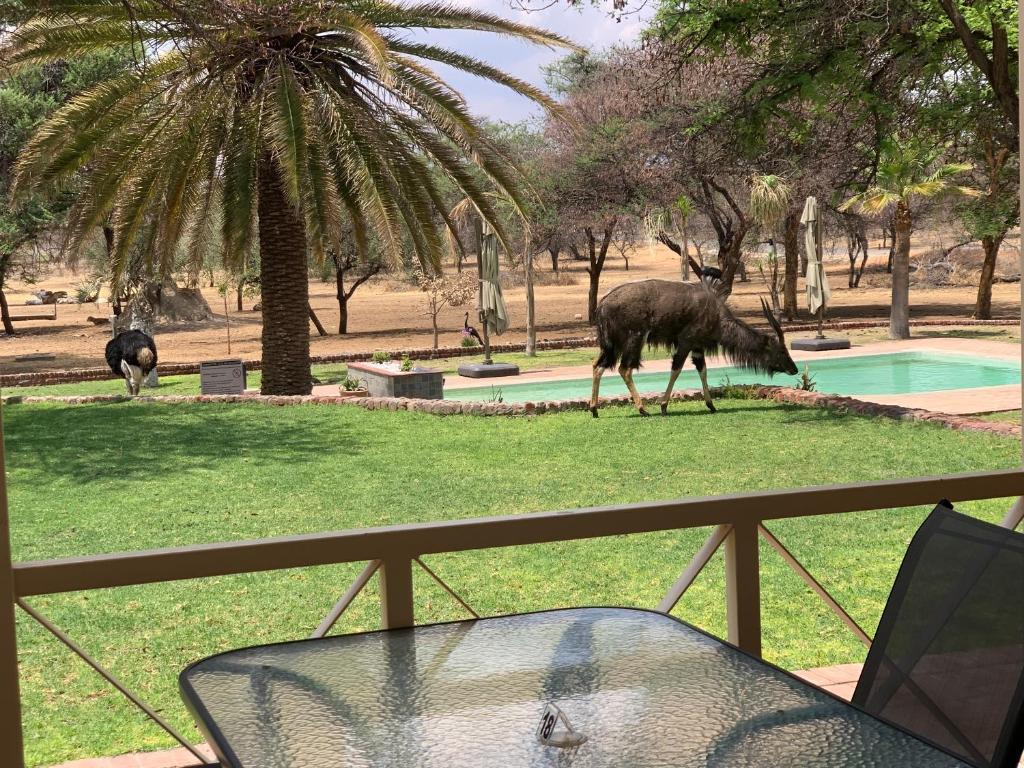
We will travel in comfortable air-conditioned 4x4 vehicles (Toyota Fortuner or similar). The program also includes a boat trip on a catamaran and a jeep safari.
While major roads between cities are paved, about 70% of the route consists of gravel or dirt roads. Be prepared for bumpy rides, and note that sea excursions may include some motion — we recommend bringing motion sickness remedies.
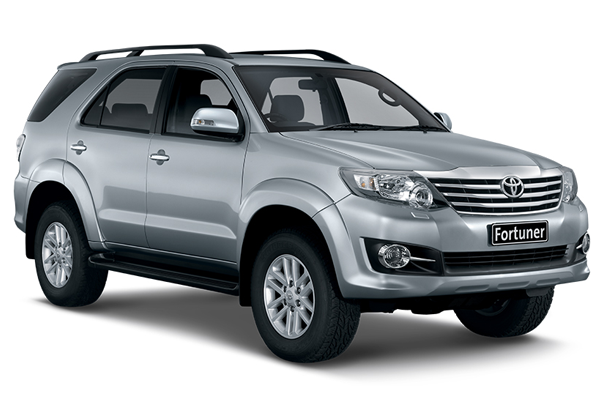
The checklist #102 will help you prepare for this trip.
This itinerary does not require special physical training. It is suitable for anyone with average fitness and no medical restrictions on physical activity.
Children are allowed to participate from the age of 10 and only if accompanied by their parents.
If you choose the Self-Drive option, you must have an international driving permit.
The national currency is the Namibian dollar (NAD). Bring new-format US dollars in cash. Currency exchange is available at the airport — the rate is the same as in city exchange offices.
Typical daytime temperatures during this season range from +23°C to +30°C. The region is known for strong winds, especially along the coast. In the desert, winds are milder but the heat feels more intense. At night in the desert, temperatures can drop to +12°C. Rain is extremely rare.
2 people — $3,780 per person
3 people — $3,510 per person
4 people — $3,240 per person
5 people — $2,970 per person
The tour includes all breakfasts, 1 lunch, and 2 dinners. Other meals are at your own expense in cafes/restaurants. Namibian cuisine is familiar — salads, soups, and meat dishes. For long rides, consider packing light snacks. Estimated meal costs for the entire tour are around $600–800.
Note: Since this is a group tour, the food is the same for all participants. Unfortunately, we cannot prepare an individual meal for you. If you have an intolerance or allergy to any of the products, please notify the manager in advance. We will pass this information on to the guide or accommodations. However, we kindly ask you to follow up on this matter during the trip. If you have strict dietary restrictions, we recommend bringing suitable food with you or buy it on the spot.
Namibia uses Type M sockets, although some accommodations may have European or American sockets. We will provide you with an adapter for the duration of the trip.
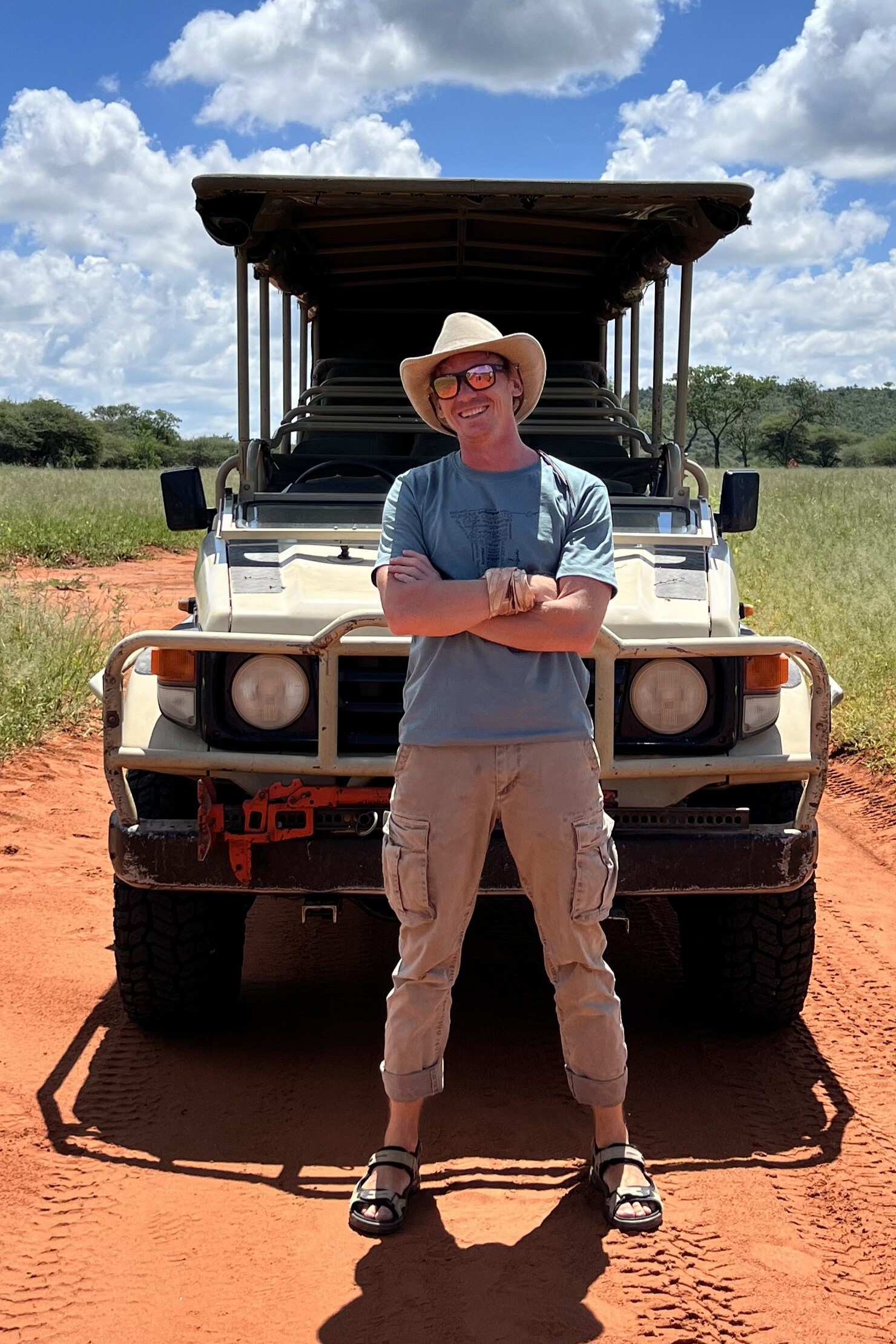
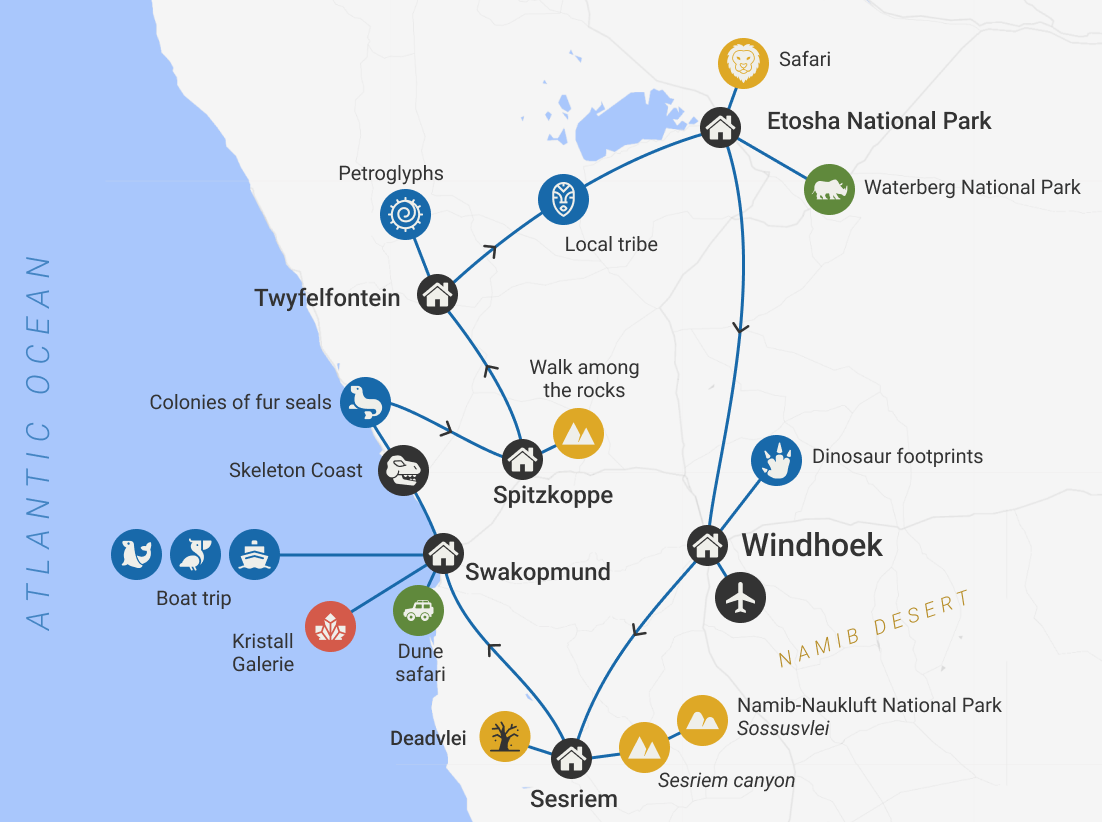
This is an extended version of our Best of Namibia in 10 Days journey. We’ll see the endless expanses of the savanna where animals gather at waterholes, ride with the wind over sand dunes, and admire the star-filled night sky. We’ll also visit places that reveal the country’s character more deeply:
We’ll travel in comfortable 4WD vehicles with air conditioning, stopping in places rarely visited by casual tourists, and watch sunsets under the open sky. Accommodation will be in comfortable hotels and authentic 3–4* lodges, some located inside protected nature reserves. Namibia is considered one of the safest countries in Africa, so you can relax and enjoy nature and the rhythm of the journey.
What else awaits you:
The tour has a Self-Drive option — where a participant takes the driver’s seat instead of a guide, which lowers the cost.